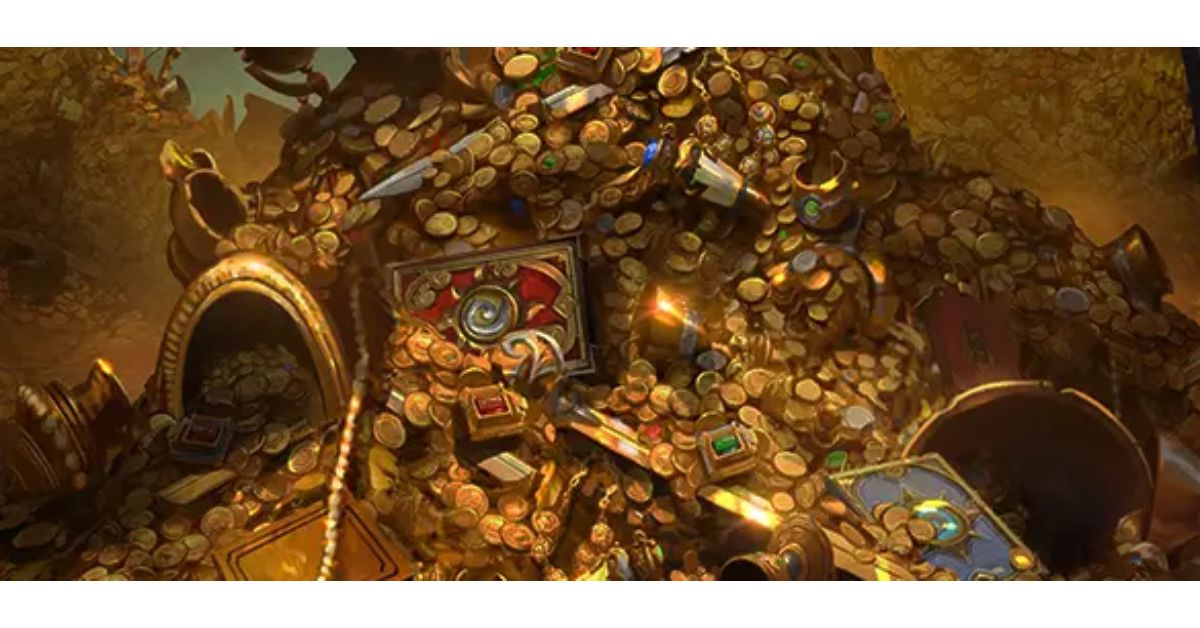The gaming industry is not only thriving in Africa, but in recent years it has been nurturing and relying ever more on home-grown talent. In fact, that is one of the crucial factors contributing to its growth.
Table of Contents
African Gaming Industry: Local Talent and Foreign Investment
One of the most important aspects of the rise of the African gaming industry was the appearance of locally-based video game developers. When the Nigerian company Maliyo Games was founded, one of the main problems for it was a shortage of local developers. But this has changed in recent years and the company today relies solely on the local talent.
In addition to the rise of a skilled home-grown workforce, a parallel process, relevant for the development of the African gaming industry, was the successful attraction of foreign investments. For example, in May of this year South African mobile games company Carry1st announced it raised an additional $6 million in funding. Some of the main investors of this company include Konvoy Ventures, Raine Ventures, TTV Capital, and others.
The appearance of initiatives such as Prosearium is also essential. Sithe Ncube started Prosearium as an initiative that focuses solely on getting a more visible representation of African women in game development: “Sometimes you can see the common thread among communities across the continent, which is usually related to the lack of accessibility of resources when compared to the Western games industry,” Sithe explains. The initiative aims to change that and help increase the participation of African women in game development and carve a space in the continent’s digital history for them.
Kenya Joining the Rapid Growth
The African gaming market is not only on the rise in South Africa and Nigeria: in 2016 the Kenyan video games market was worth around $50 million and is expected to double this year.
Not only that, but Kenyan developers such as Nairobi-based Weza Interactive are also trying to make locally inspired content. Their CEO George Odongo Ahere explains:
“We wanted to focus on the African theme because we think it’s time for Africa. It’s just really about empowering the people, showing them they can be the heroes of Africa.”
Ludique Works, another game development company based in Nairobi, is focused on working with more than 2000 contributors from across Africa. This focus has a special meaning for the company, as CEO Lilian Nduati stated: “We’ve got young Africans who have traveled, they’re widely exposed, they’re thinking, ‘Hey, how come I’m not seeing someone who looks like me or speaks like me in some of the games that I’m playing?’ So what we’re trying to do is fill the gap.”
At the moment, most of the contributors are part-time workers, but the company’s dream is to reach the point where they will be able to offer them full-time jobs.
Best African Studios
In our opinion, some of the best African gaming studios are:
Free Lives – The Cape Town company behind the action-hero game Broforce. This is a critically acclaimed game that sold over 250,000 copies while it was still in development – and by 2016 it made around $3 million.
Kiro Games – When developing the game Aurion, the company’s founder Guillaume Olivier Madiba consulted a local Cameroonian tribe, Bamileke. The company released its first game in 2013 after raising $270,000 in funding, and the work on Aurion got Madiba an invitation from the US State Department to join their 2016 Mandela Washington Fellowship Program.
Andrew Kaggia – Another Kenyan developer, mostly known for the alien invasion game Nairobi X. As the name implies the game is based in Nairobi and this was very much intentional, as Kaggia noted that there is strong demand for local African content. This was proven true when the servers handling downloads for Nairobi X crashed three hours after the game’s release because of the overwhelming demand.
iGaming
An important aspect of the rise of gaming in Africa is the parallel rise of the popularity of iGaming on the continent. iGaming as a term covers all forms of internet-based gambling, from online casinos and sports betting to e-sports and binary trading.
Like with video games, iGaming in Africa was also positively affected by two factors: the fact that the African population is the youngest in the world (around 60% of the population is under the age of 25) and the accelerated rise in usage of smartphones.
This created a high demand not only for video games but also for numerous online casino games, which have, as a result, become a popular import among African countries. This is especially true for South Africa which now has an incredible variety of such games available. Amongst the most popular casino games are online versions of traditional games like roulette, blackjack, and baccarat.
In tandem with these games’ increase in popularity, South Africa also saw a surge in online casino games related guides such as casino.co.za, which evaluate what’s available on the market against a variety of metrics. Casinos.co.za focuses on graphics and features, and mobile playability but perhaps the most important of these is the reputability of the software provider. As the site states: “We would never recommend playing a game from a dodgy provider.”
In Summary
Much like the video gaming industry, the iGaming sector also mostly avoided the negative effects of the Covid-19 restrictions. In fact, it is thriving: by 2027, the iGaming market is expected to be worth a whopping $127 billion!
It’s clear that one of the main elements of the rise of the gaming industry in Africa was the focus on local talent. In other words, the industry is not only becoming better adapted to the needs and aspirations of Africans, but it is also becoming more sustainable.
The question that remains unanswered is will the thriving iGaming sector in Africa be able to replicate this success, and will African developers be able to join the iGaming market as well?










Leave a Reply